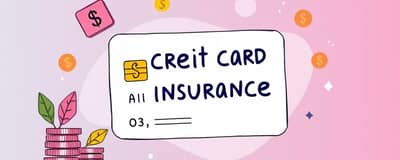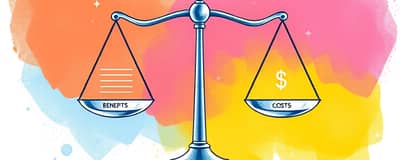Leading a financially responsible life is essential in today's fast-paced world, and credit cards play a significant role in this realm. Many individuals turn to credit cards not only for ease of purchases but also for the opportunity to build and maintain a strong credit score. However, the benefits of using credit cards come with a responsibility that demands awareness and self-control.
Understanding how to utilize credit cards wisely is pivotal to avoiding common pitfalls like debt accumulation and poor credit history. Credit card companies often present enticing offers that can lead consumers astray if not approached with caution. Learning the do's and don'ts of credit card usage can empower individuals to make better financial decisions.
This guide will dive into the best practices for credit card usage and the potential consequences of irresponsible behavior. By equipping yourself with this knowledge, you can foster a healthy relationship with credit cards that benefits you in the long run.
Why Credit Card Responsibility Matters
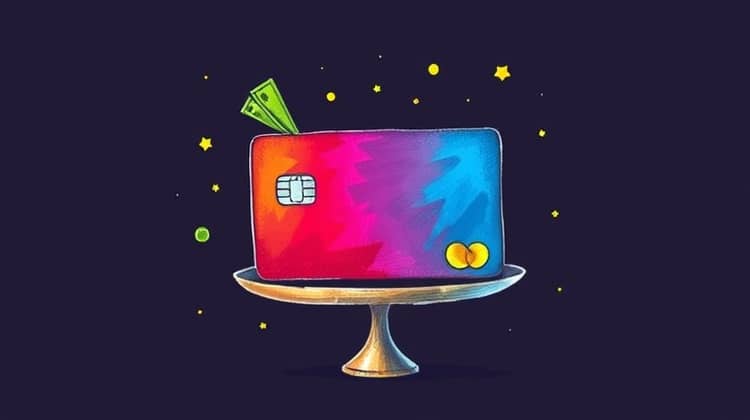
Credit cards have become a staple in modern finance, allowing consumers to make purchases without immediate cash on hand. However, this convenience can lead to overspending if individuals do not recognize their spending limits. Responsible use of credit cards not only considers one's financial capabilities but also the implications of accumulating debt.
Additionally, credit card activity plays a crucial role in shaping one's credit score. A good credit score can benefit consumers by providing access to loans with lower interest rates, better insurance rates, and even job opportunities that require a credit check. On the other hand, poor credit management can lead to long-term financial consequences that may take years to rectify.
Lastly, in a world where personal spending can affect broader economic trends, responsible credit card usage contributes to healthier financial ecosystems. By practicing good spending habits, consumers contribute to a more stable economy, making it essential to share knowledge about the right and wrong ways to use credit cards.
The Do's of Credit Card Usage
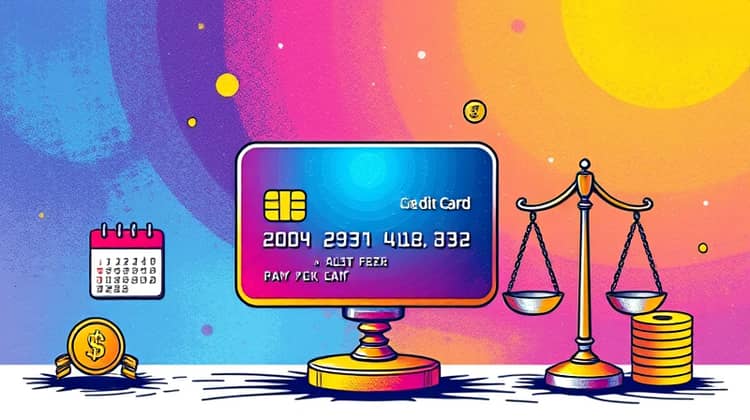
To harness the advantages of credit cards effectively, it's important to follow proven best practices when using them. Taking proactive measures can keep your financial health intact while leveraging the benefits that credit cards offer.
- Pay your balance in full each month to avoid interest charges.
- Make timely payments to maintain a positive credit score.
- Budget for credit card expenses alongside other monthly expenses.
- Only charge what you can afford to pay off immediately.
- Take advantage of rewards and cashback opportunities without exceeding your budget.
By adhering to these practices, you can maintain a healthy credit profile while enjoying the various perks that credit cards offer. Making informed decisions when it comes to credit usage will ultimately lead to financial stability and success.
The Don'ts of Credit Card Usage
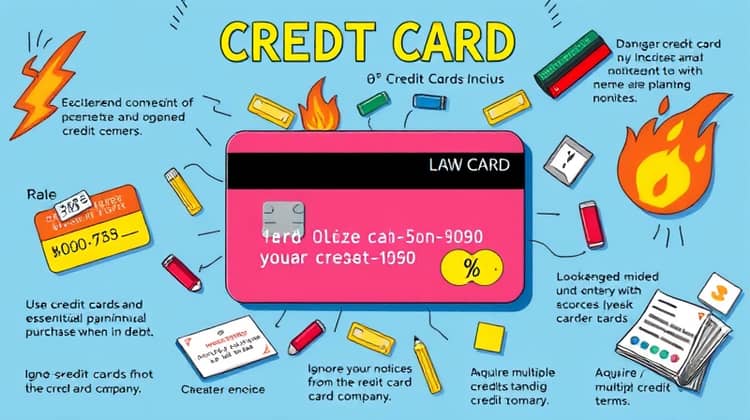
While there are plenty of best practices to follow, there are also some common pitfalls to avoid when using credit cards. Awareness of these factors can safeguard you from financial missteps.
- Do not exceed your credit limit, which can lead to fees and penalties.
- Avoid making only minimum payments; this prolongs debt and accrues interest.
- Steer clear of using credit cards for non-essential purchases when you’re already in debt.
- Don’t ignore notices from your credit card company; timely communication can help you address issues before they worsen.
- Avoid acquiring multiple credit cards without an understanding of their terms and impacts on your credit score.
By steering clear of these pitfalls, you can protect your credit health and manage your finances responsibly. It's essential to recognize the long-term implications of your credit behavior for future financial opportunities.
Potential Consequences of Irresponsible Usage

Irresponsible credit card usage can have several negative consequences that impact not only your finances but your overall quality of life. When purchases are funded irresponsibly, it is easy to slip into a cycle of debt that can seem insurmountable.
Additionally, failing to manage credit cards responsibly can tarnish your credit score, affecting your ability to secure loans or other forms of credit in the future. This tarnished credit history can lead to higher interest rates and unfavorable lending terms whenever you require financial assistance in the future.
- High-interest debt accumulates quickly and may lead to bankruptcy.
- Loss of financial independence, as debt management becomes more challenging.
- An adverse impact on relationships due to financial stress.
- Limited future credit options and higher premiums on insurance.
- Stability is compromised as financial resources are drained by debt repayment.
These consequences reinforce the importance of responsible credit management, as the ramifications can last well beyond immediate financial distress. Being proactive rather than reactive is key to securing your financial future.
Tips for Building Good Credit with Credit Cards
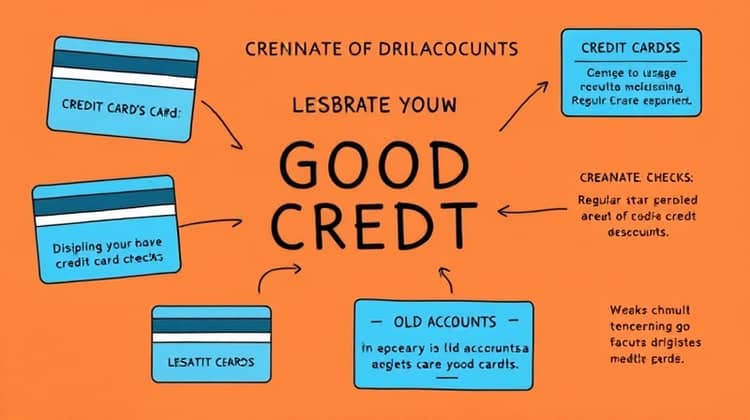
Establishing and maintaining good credit is a priority for anyone looking to achieve financial stability. With disciplined credit card usage, anyone can work toward improving their credit scores and securing better financial opportunities.
Building good credit does not happen overnight, but by implementing specific strategies, you can gradually enhance your credit profile. Consider the following tips:
- Regularly check your credit report for inaccuracies or fraudulent activity.
- Keep credit utilization below 30% of your total available credit.
- Avoid closing old accounts too frequently, as they lengthen your credit history.
- Diversify your credit mix by responsibly managing different types of credit.
By utilizing these tips, you can create a solid foundation for your credit score and financial future. Remember that patience and responsibility play crucial roles in building lasting credit health.
Conclusion
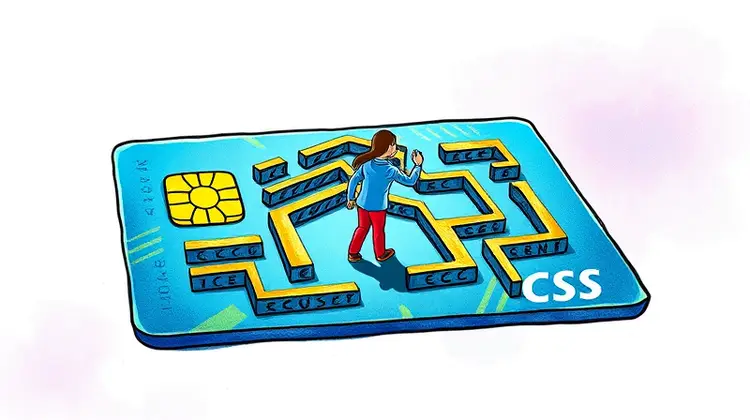
In conclusion, mastering the art of credit card usage is fundamental to achieving financial well-being in today’s world. By understanding both the opportunities and responsibilities connected to credit cards, consumers can navigate them effectively without compromising their financial integrity.
The do's and don'ts outlined in this article are not exhaustive, but they provide a solid guideline to start with. Recognizing the importance of responsible credit card management fosters a better understanding of personal finance and its implications.
Ultimately, responsible credit card use not only benefits individuals but contributes positively to the economy. By promoting a culture of credit responsibility, we can all work towards a more stable financial future for ourselves and for future generations.



